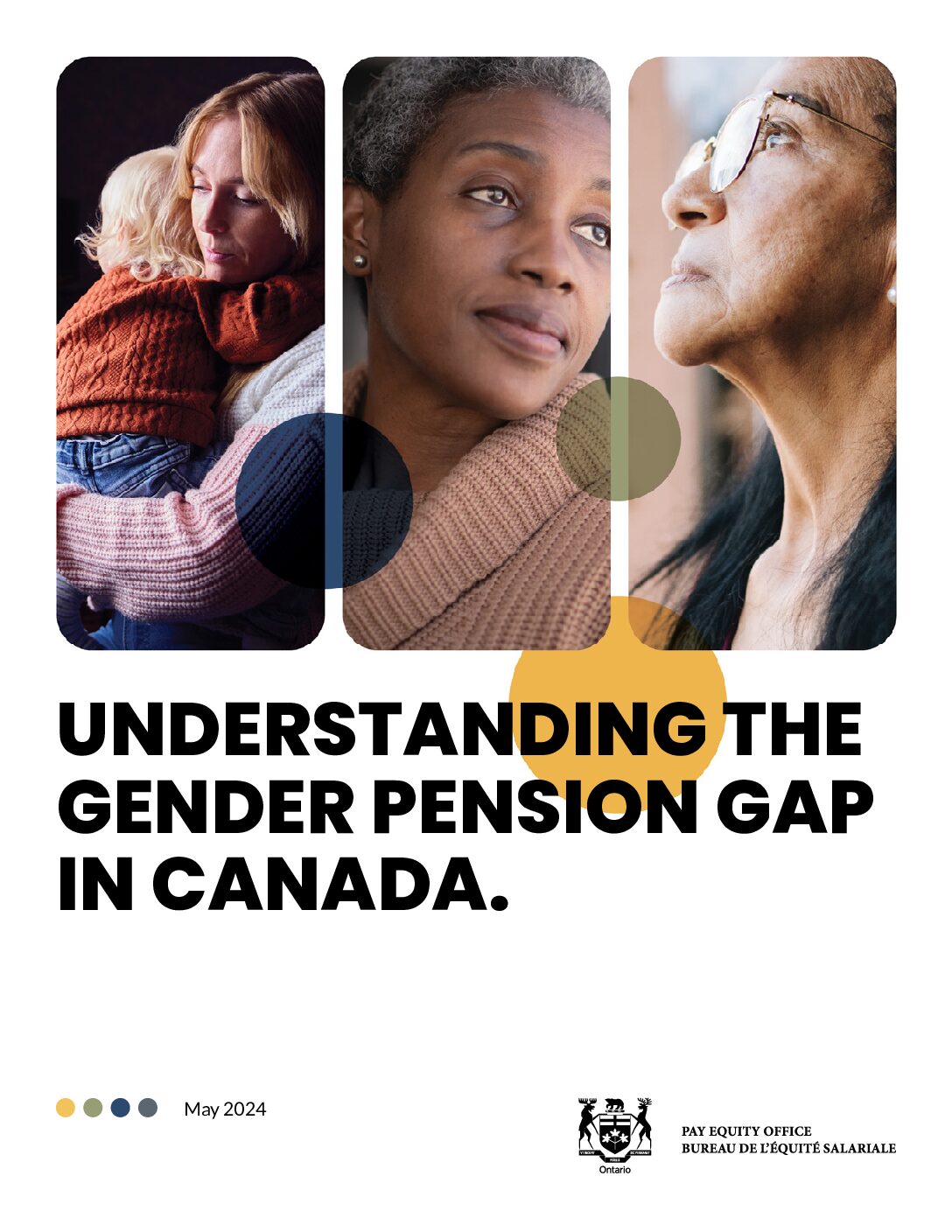Improving the Targeting of Social Programs in Ghana
By Quentin Wodon
This study provides a diagnostic of the benefit incidence and targeting performance of a large number of social  programs in Ghana. Both broad-based programs (such as spending for education and health, and subsidies for food, oil-related products and electricity) as well as targetd programs (such as LEAP, the indigent exemption under the NHIS, school lunches and uniforms, or fertilizer subsidies) are considered. In addition, the study provides tools and recommendations for better targeting of those programs in the future. The tools include new maps and data sets for geographic targeting according to poverty and food security, as well as ways to implement proxy means-testing. The purpose of this introductory chapter is to provide a brief synthesis of the key findings and messages from the study.
programs in Ghana. Both broad-based programs (such as spending for education and health, and subsidies for food, oil-related products and electricity) as well as targetd programs (such as LEAP, the indigent exemption under the NHIS, school lunches and uniforms, or fertilizer subsidies) are considered. In addition, the study provides tools and recommendations for better targeting of those programs in the future. The tools include new maps and data sets for geographic targeting according to poverty and food security, as well as ways to implement proxy means-testing. The purpose of this introductory chapter is to provide a brief synthesis of the key findings and messages from the study.
Read more HERE










